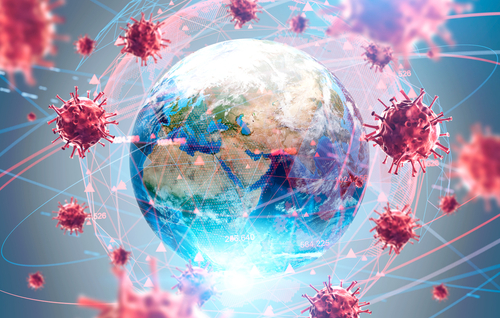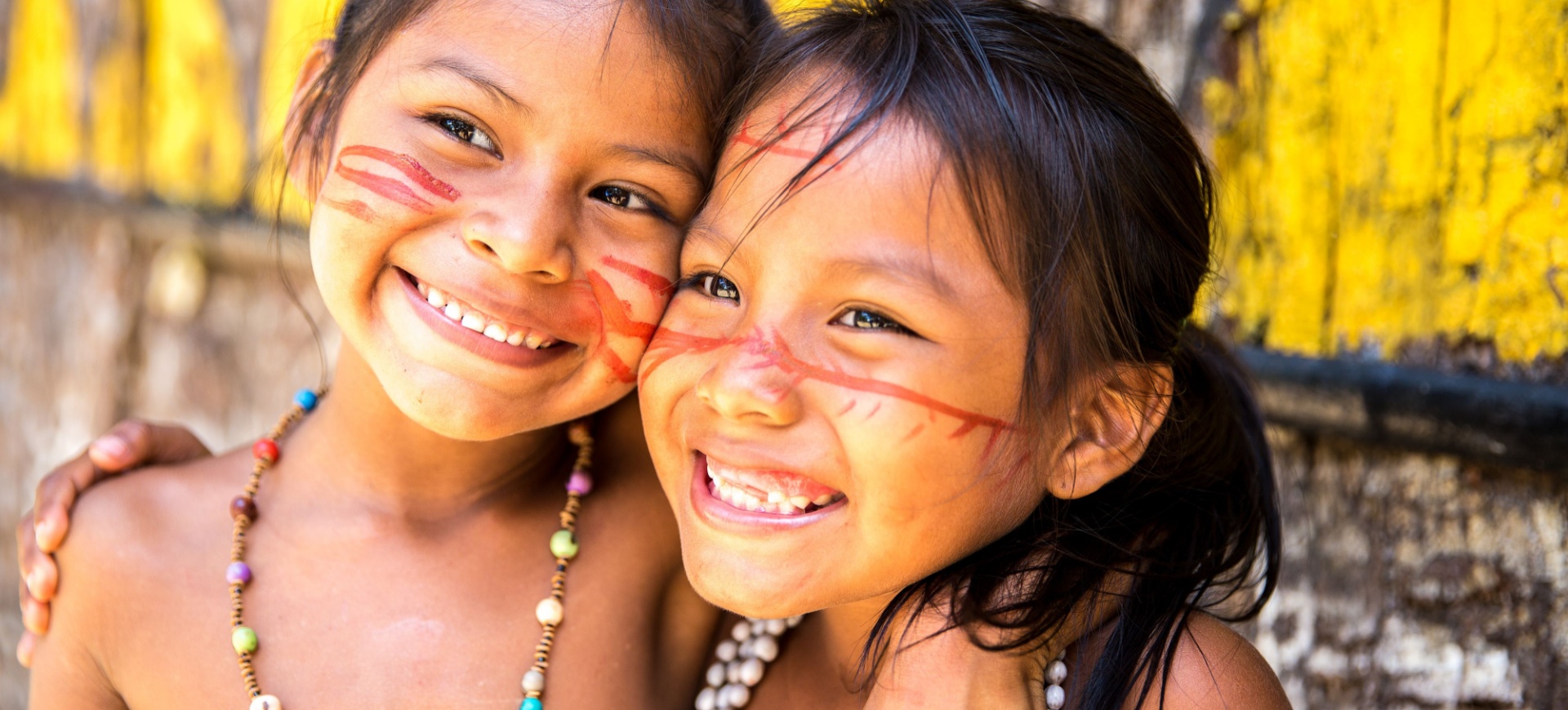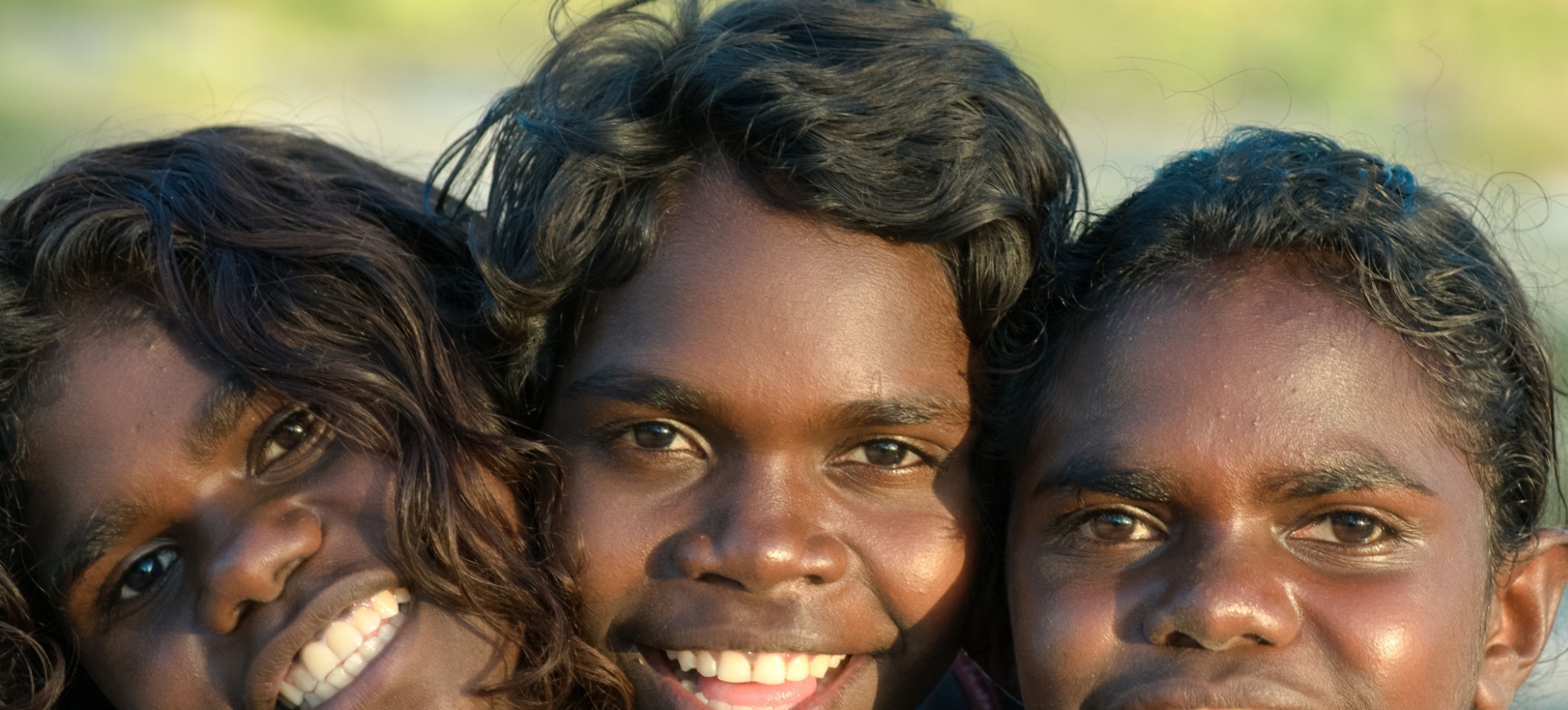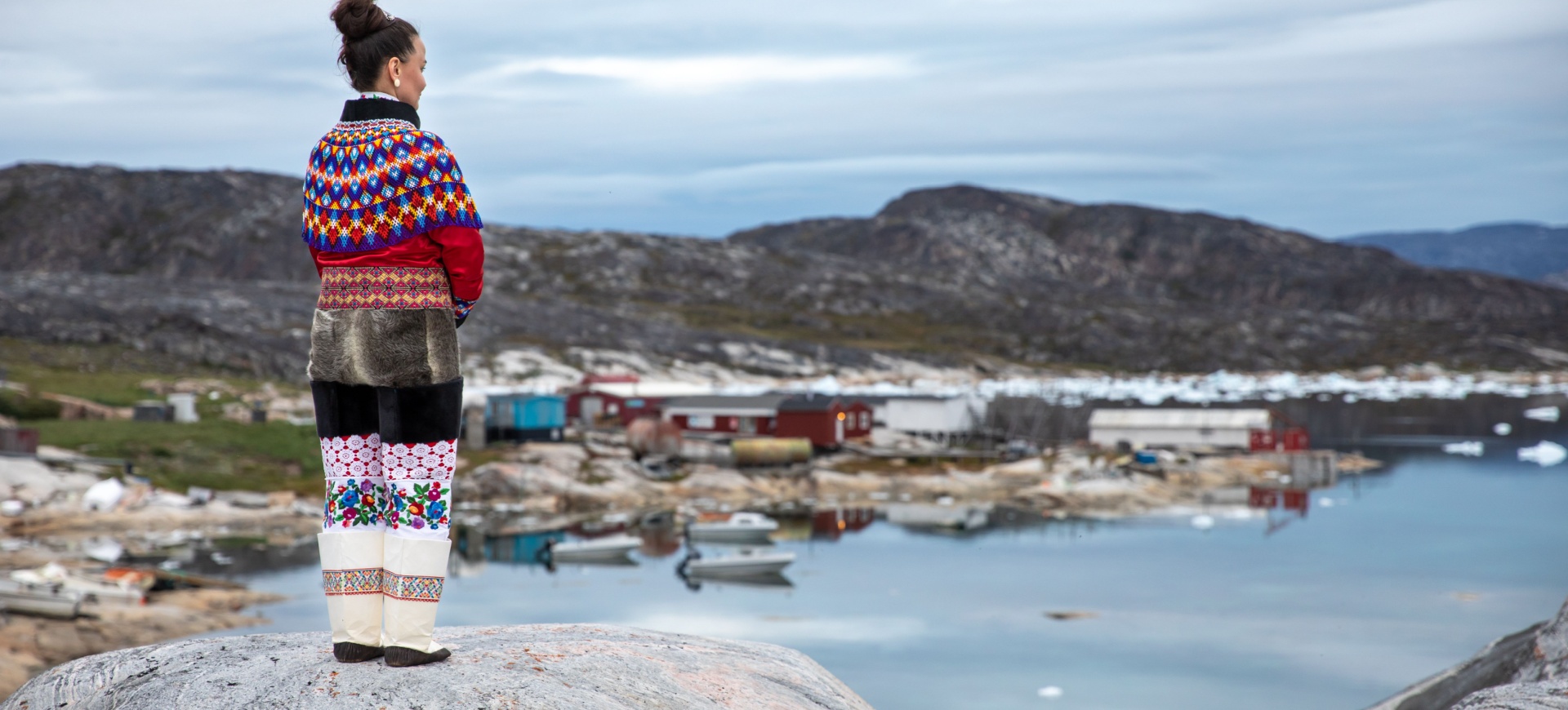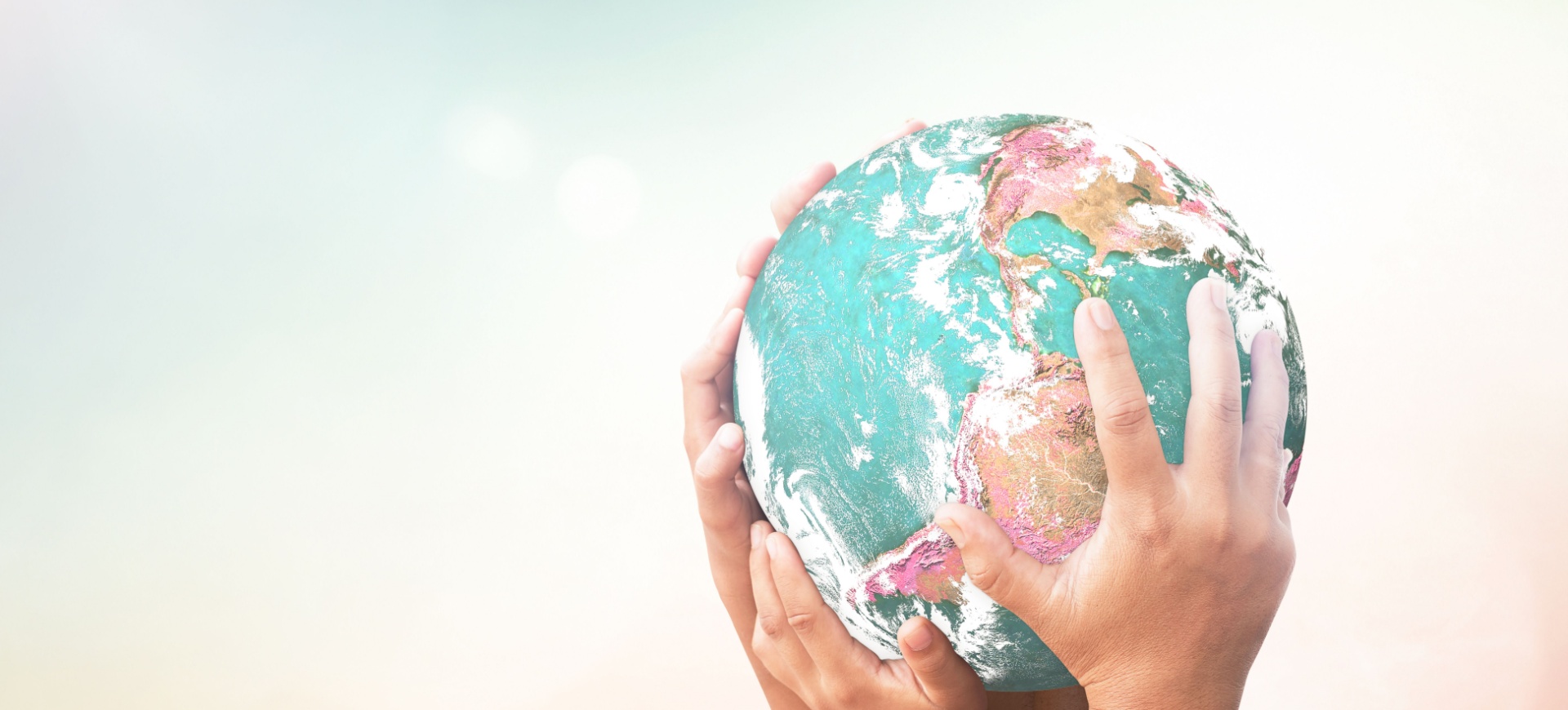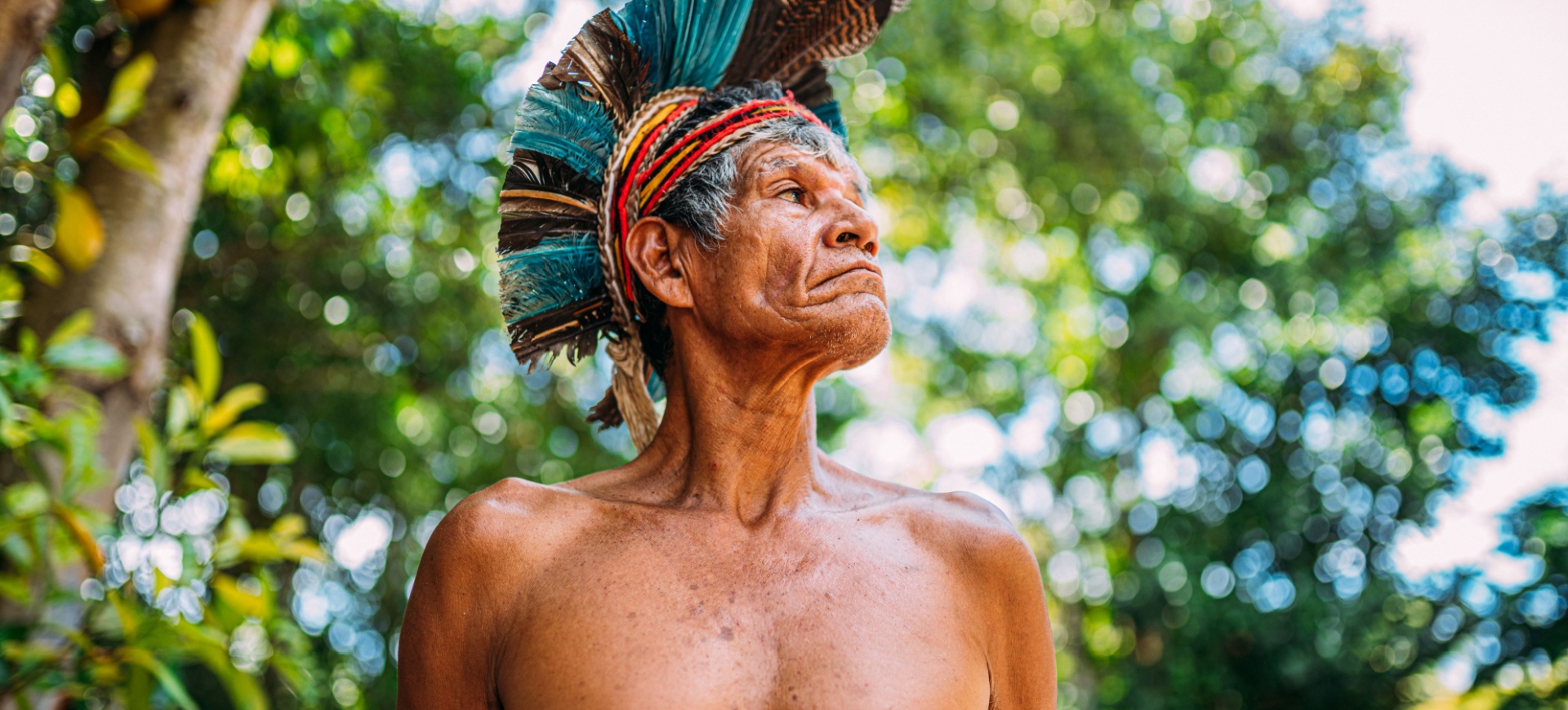G20 pandemic politics in a global risk society
The call to ‘build back better’ lacks ambition. Transformation is desperately needed to ‘pandemic proof’ the multilateral system – and the G20 must support this
The interconnectedness of global risks is regularly brought to the attention of decision makers, as challenges demand collective action but fractures within the global community grow. Now with COVID-19 the multilateral system is experiencing political failures, the most alarming being the inability to deal with extreme social inequalities locally, nationally or globally and to address the reckless growth of oligarchic wealth.
The pandemic will likely push 115 million more people into extreme poverty in 2020, with the total reaching 150 million by 2021. While 40 million Americans filed for unemployment during the pandemic, billionaires’ net worth increased by half a trillion dollars. Without the pandemic, global poverty was expected to drop to 7.9% in 2020, creating optimism for achieving the Sustainable Development Goals.
Lessons from the pandemic
The G20 can take four lessons from the pandemic.
First, understand and respond with purpose to the unambiguous relationship among risk, politics and power: Who defines the risks? Who takes the political decisions? Who suffers the consequences? Doing so reveals the interface between science and politics, the role of democratic processes in times of emergency rule, and the fundamental disparities within a society or globally.
Pandemics are always political: viruses discriminate by feeding off the political, economic and social flaws in our societies and so take on the features of those societies. That is why COVID-19’s effects are different in the United Kingdom and Uruguay, but similar in populist and divisive societies – which have high death rates and inequalities and disregard scientific evidence. Because the risk of catastrophe haunts the poor, the G20 must get serious about addressing global inequality.
Second, the many actors – nation-states, business, politicians, science, media and the public at large – must recognise that a pandemic never exists in isolation. It is but one component of a larger pattern of risk. We live in the Anthropocene era, defined by the rise of humans’ unprecedented impact on the planet and the accumulation of ecological, pandemic, financial, social, military, terrorist, biochemical and informational risks, all interconnected and feeding off one another. The G20 must adapt its deliberations to this age of intertwined globalised threats.
Nearly a year into the pandemic, the logic, power structure and politics of a global risk society are emerging at all levels of political decision making. We speculate which political response will carry the day: the new geopolitical divide combined with new nationalisms and regionalisms or the commitment to collective action and common goods. The test will be the equitable and fair access to a COVID-19 vaccine.
So, third, the G20 must discuss how to define and finance common goods. It has not yet stepped up to support ventures such as COVAX and enable the ambitious goal to distribute 2 billion doses of COVID-19 vaccines before the end of 2021.
Instead, a small group of rich countries representing 13% of the world’s population has purchased more than half the future supply of vaccines. India and South Africa have proposed that the World Trade Organization allow countries to suspend the protection of some intellectual property rights to preventing, containing and treating the virus.
Fourth, the coronavirus was not an unannounced natural disaster. It has exposed the lack of preparedness and the hubris and invincibility of many rich countries. It has also made clear that we need a new, reliable, open-source pandemic alert system, available to all countries. Biosecurity threats will increase, and classic national intelligence services need to adapt because no one is safe unless all are safe.
A new frame of mind
The call to ‘build back better’ lacks ambition. We must transform. The political focus must now be on ‘pandemic proofing’ the multilateral system so it does not implode if some members spiral out of control and it can ensure collective action and global solidarity through providing common goods, such as a vaccine. The Global Preparedness Monitoring Board has called for such a framework and a global conference in 2021 to adopt it. The G20 should support this. Leadership lies in cooperation.
Alongside fighting the pandemic, we must protect multilateralism at the global level and the democratic model at the national level. We can only thrive if we protect each other against existential risks. Preparedness, collective action and solidarity are our best bet. For pandemics as well as the other incalculable risks our way of living has generated, we must develop a new frame of mind, being responsible for one another and for the planet on which we live. Our societies, as Mariana Mazzucato says, must share both the risks and rewards of wealth, value creation and economic growth so all citizens benefit.
